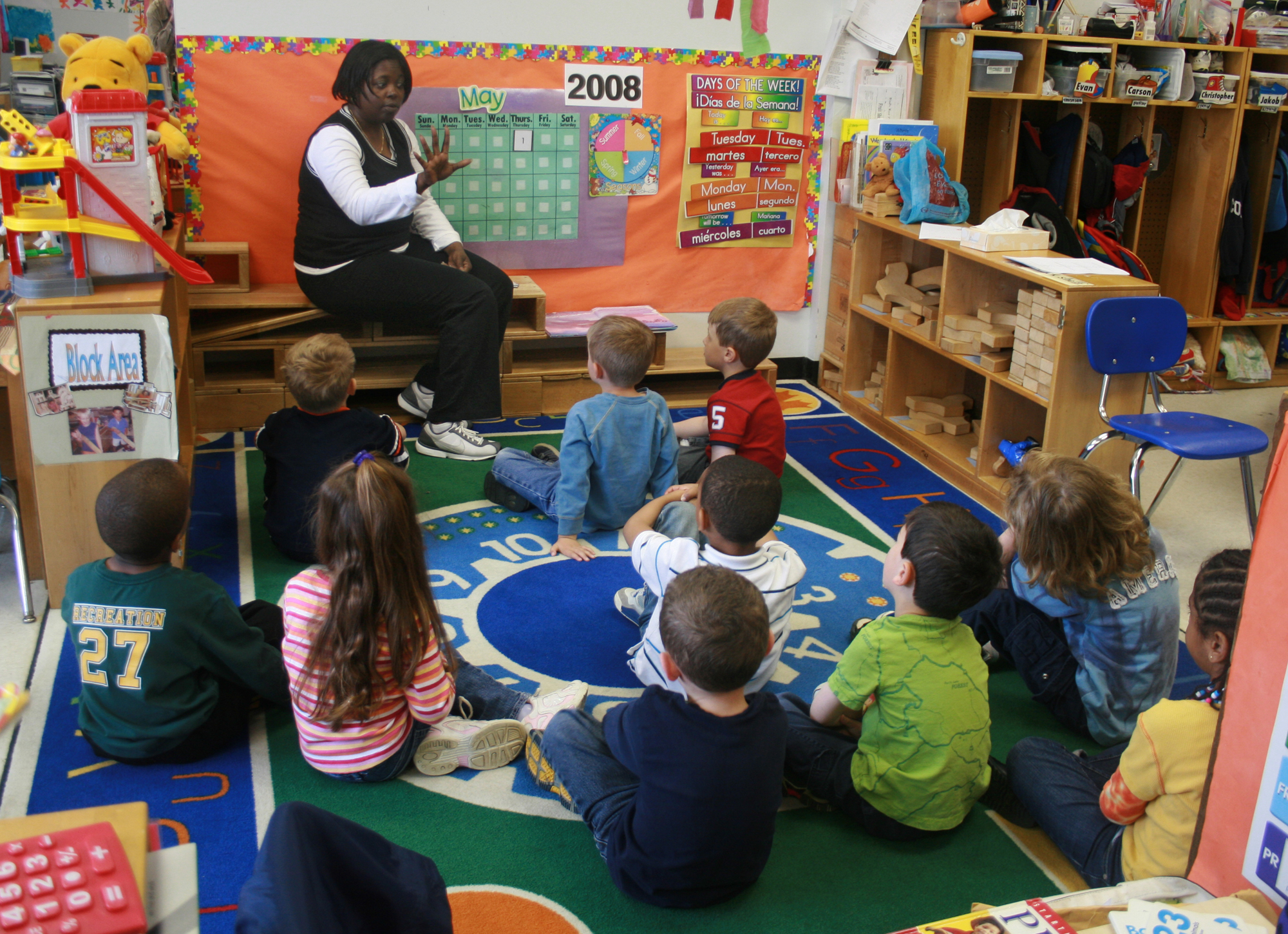Understanding the Relevance of Schools in Child Development and Community Development
Institutions' involvement with regional areas with service-learning initiatives strengthens the bond between family members and educational organizations. This cooperative connection emphasizes the relevance of institutions in supporting active citizenship and long-lasting knowing habits.
Academic Accomplishment
Academic accomplishment works as a cornerstone of youngster advancement, supplying the foundation upon which future learning and success are constructed. Colleges play an essential duty in fostering this academic growth, offering organized environments where youngsters can acquire crucial knowledge and cognitive skills. Standardized curricula make certain that students gain efficiency in core subjects such as maths, science, and language arts, which are crucial for both higher education and learning and specialist possibilities.
Along with passing on fundamental academic abilities, colleges additionally grow critical thinking, problem-solving capacities, and intellectual interest. These cognitive expertises are vital for browsing intricate real-world circumstances and adapting to the ever-evolving needs of the contemporary office. Teachers, as facilitators of understanding, utilize diverse pedagogical approaches to accommodate diverse knowing styles, thereby making the most of specific student possibility.
Additionally, scholastic success is very closely connected to self-confidence and motivation. Children that experience academic success are more probable to establish a positive self-concept and a long-lasting interest for understanding. Colleges likewise supply numerous resources, such as libraries and technology, which additionally enhance the academic experience and prepare pupils for a technically innovative society.
Social Skill Development
Beyond academic achievement, the role of institutions in social skill development is crucial. Schools act as a main location for kids to learn and practice important social abilities such as teamwork, conflict, and interaction resolution. In the organized environment of a classroom, pupils connect with peers, instructors, and other school team, supplying many possibilities to develop these critical capabilities.
Efficient social skill development in colleges is helped with via group activities, joint tasks, and extracurricular programs. These communications aid trainees understand social norms, build empathy, and foster a feeling of area. For example, team assignments teach trainees how to work with each other towards an usual objective, listen to different viewpoints, and browse disagreements constructively.

The growing of social abilities throughout school years lays a foundation for future personal and professional connections. Save Temecula Schools. As trainees mature, the capability to efficiently interact and work together comes to be increasingly important, underscoring the college's critical function in holistic youngster growth
Exposure to Variety
Exposure to diversity in institutions is basic to fostering a comprehensive state of mind and expanding trainees' point of views. Schools serve as a microcosm of the broader culture, and experiencing diverse cultures, languages, and socioeconomic histories within this atmosphere furnishes pupils with essential skills for browsing an increasingly globalized world. This exposure motivates compassion, minimizes bias, and promotes common respect among peers.
Diverse class additionally enhance cognitive and social growth. Study shows that students that communicate with peers from varied histories show better problem-solving skills and imagination. They discover to value different viewpoints, which improves class conversations and cultivates a much more dynamic learning experience. This understanding of diversity prepares trainees for future work environments that value multicultural skills.

Neighborhood Interaction
The advantages of diverse classrooms expand beyond the institution walls, cultivating a strong feeling of neighborhood see engagement among pupils. By communicating with peers from various social, socioeconomic, and ethnic histories, pupils obtain a more comprehensive perspective and a gratitude for diversity. This exposure motivates them to end up being energetic people who are willing to contribute positively to their communities.
Institutions that emphasize area involvement frequently include service-learning projects, which permit students to attend to real-world issues while applying scholastic abilities. These projects not just improve pupils' understanding of their coursework but also instill a feeling of obligation and compassion. Moreover, partnerships in between colleges and local organizations provide pupils with possibilities to join neighborhood occasions, additionally solidifying their duty as positive neighborhood participants.
Additionally, parental and neighborhood participation in colleges strengthens the bond in between academic institutions and the communities they serve. With these initiatives, colleges play an essential duty in nurturing community engagement and promoting social development.
Lifelong Discovering Practices
Creating lifelong understanding habits is crucial for a child's continuous development and flexibility in an ever-changing globe. Colleges play a critical duty in instilling these routines by developing an atmosphere that promotes curiosity, vital reasoning, and a love for knowledge. With extracurricular tasks and diverse curricula, instructors encourage students to check out different subjects, examine info critically, and apply their learning to real-world scenarios.

Additionally, institutions offer a structured atmosphere where children can establish self-discipline and time management abilities, both of which are essential for continuous knowing. By highlighting the value of establishing objectives, showing on development, and adjusting approaches, universities prepare pupils to browse the intricacies of adult life, guaranteeing they remain lifelong students and contributors to society.
Conclusion
In conclusion, colleges are crucial in cultivating kid development and neighborhood my explanation growth by supplying settings helpful to scholastic achievement, social skill development, and direct exposure to variety. Ultimately, institutions cultivate long-lasting discovering habits, outfitting people with the necessary knowledge and abilities to contribute positively to culture.
In the organized environment of a class, students connect Source with peers, instructors, and various other institution team, supplying countless chances to establish these critical capacities.
In essence, direct exposure to diversity within colleges not only enriches specific pupils yet also enhances the social fabric of the area as a whole.
The benefits of diverse class prolong beyond the college walls, fostering a solid feeling of neighborhood interaction amongst pupils.Institutions that stress neighborhood interaction usually integrate service-learning tasks, which enable pupils to attend to real-world problems while using scholastic abilities. Collaborations in between institutions and neighborhood organizations provide trainees with opportunities to take part in area occasions, additionally solidifying their role as positive community members.